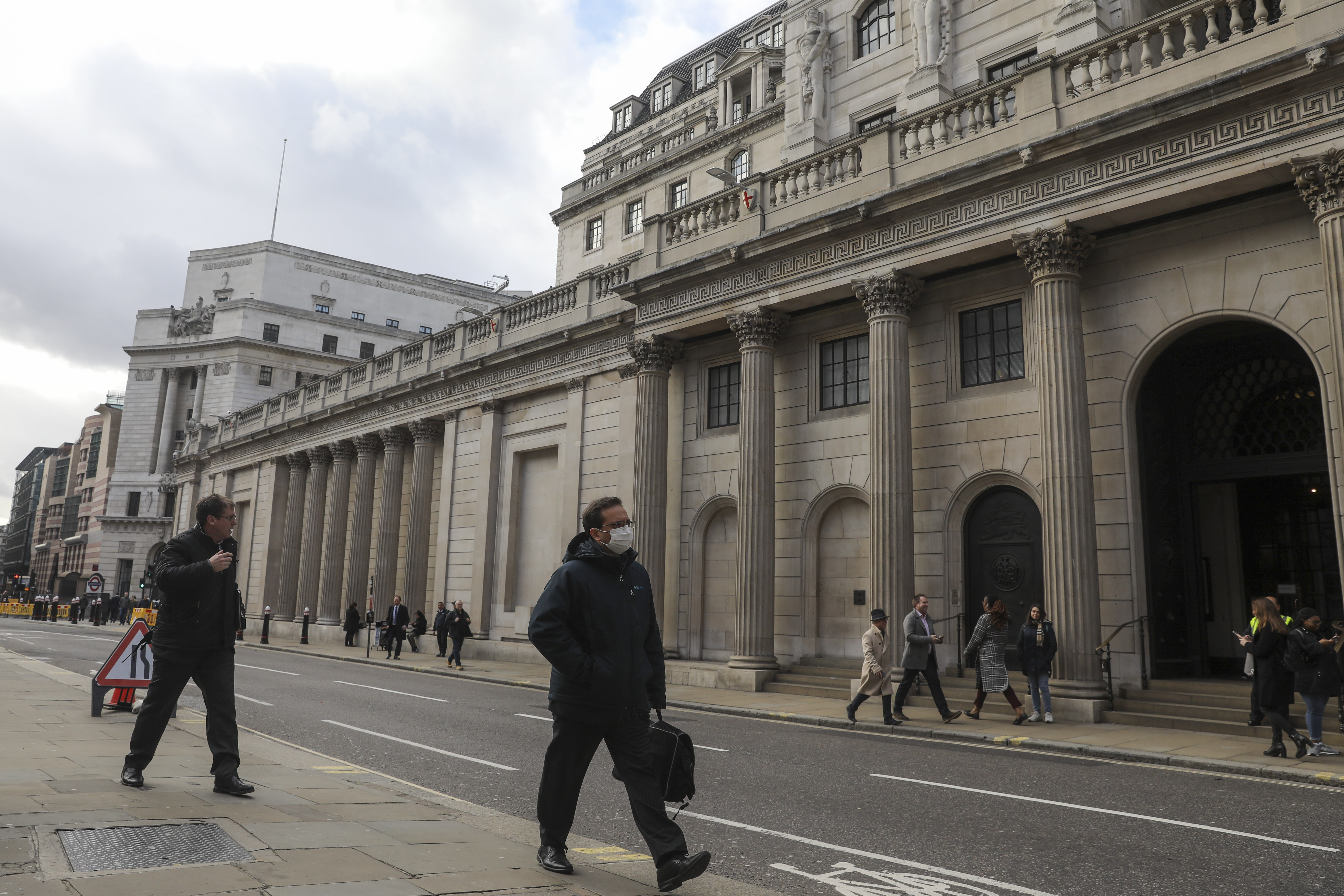Second lockdown will plunge UK into ‘double-dip’ recession, economists warn
Experts predict further GDP fall of up to 10%

A free daily email with the biggest news stories of the day – and the best features from TheWeek.com
You are now subscribed
Your newsletter sign-up was successful
The looming lockdown for England will undo the economic progress made over the summer and push Britain into a double-dip recession, according to revised forecasts from leading economists.
Back in April, the first full month of the first lockdown, the UK economy shrank by a record 20.4%. Now, experts are warning that the tighter restrictions announced by Boris Johnson on Saturday will “obliterate the country’s fragile economic recovery”, The Times reports.
Many are predicting that the final-quarter GDP will shrink by as much as 8%. And Gerard Lyons, an economic adviser to Johnson when he was London mayor, told The Guardian that the contraction could be as high as 10%.
The Week
Escape your echo chamber. Get the facts behind the news, plus analysis from multiple perspectives.

Sign up for The Week's Free Newsletters
From our morning news briefing to a weekly Good News Newsletter, get the best of The Week delivered directly to your inbox.
From our morning news briefing to a weekly Good News Newsletter, get the best of The Week delivered directly to your inbox.
Howard Archer, chief economic adviser at forecasting group EY Item Club, agrees that there is “little doubt” a new national lockdown will “cause the economy to contract in the fourth quarter and very possibly by an appreciable amount”. Paul Dales, economist at Capital Economics, added: “The recovery has been quite good and we were making progress but it will go into complete reverse in a short while.”
Bank of England policymakers are expected to agree to inject up to £100bn into the economy when they meet this week. The nine-strong Monetary Policy Committee (MPC) was already poised to announce “gloomier economic forecasts” even before the prime minister announced the drastic tightening of restrictions to tackle rising Covid-19 infection rates, The Guardian reports.
The MPC is said to favour quantitative easing to stimulate the economy - a process in which the Bank creates a form of electronic money that can be used to purchase UK government bonds.
Government borrowing from April to September was nearly four times the £54.5bn borrowed in the whole of the last full financial year. Meanwhile, debt has already hit £2.06trn, equivalent to 103.5% of GDP and a 60-year high.
A free daily email with the biggest news stories of the day – and the best features from TheWeek.com
Chas Newkey-Burden has been part of The Week Digital team for more than a decade and a journalist for 25 years, starting out on the irreverent football weekly 90 Minutes, before moving to lifestyle magazines Loaded and Attitude. He was a columnist for The Big Issue and landed a world exclusive with David Beckham that became the weekly magazine’s bestselling issue. He now writes regularly for The Guardian, The Telegraph, The Independent, Metro, FourFourTwo and the i new site. He is also the author of a number of non-fiction books.